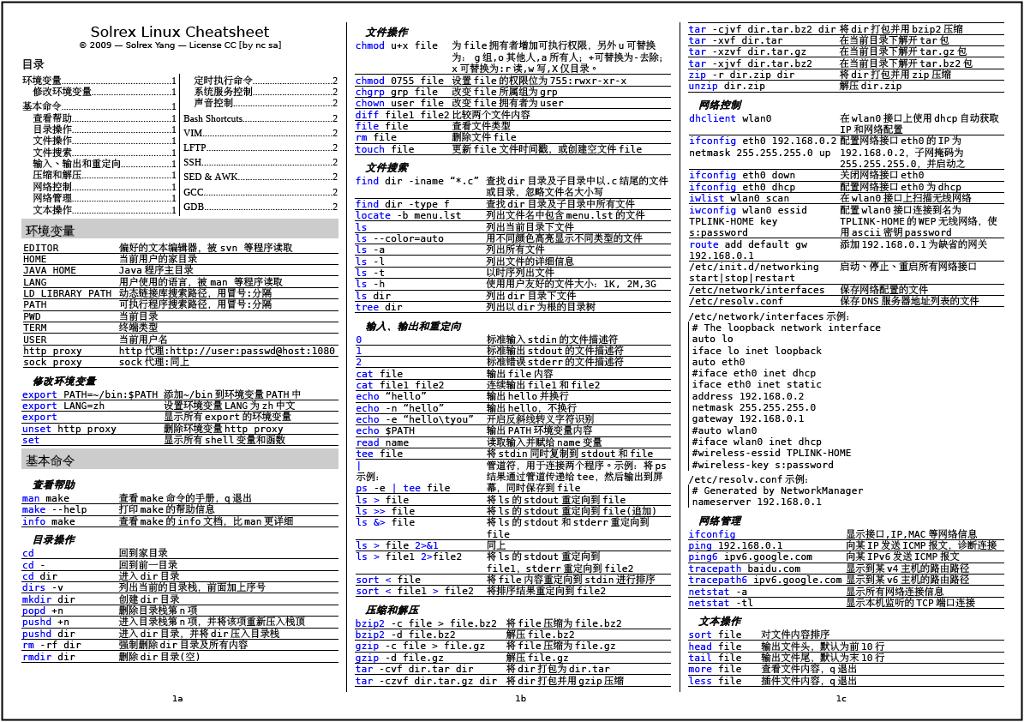
Manages devices, memory, and processes管理设备、内存和进程
Controls the functions between the system programs/utilities and the system hardware控制系统程序/工具和系统硬件之间的功能。
Manages swap space, daemons, file systems, and other functions管理交换空间、精灵进程(后台进程)、文件系统和其他功能。
A shell is an interface between the user and the kernel,which acts as an interpreter or translator。shell是用户和内核之间的接口linux常用命令,充当解释程序或翻译程序。
Unix中常见shell及其命令(shell的缩写)
Bourne shell(sh)基于B语言
Korn shell(ksh)sh增强版
C shell(csh)基于C语言,增加历史记录功能
Bourne-again shell(bash)现在最常用
命令 history 查看历史记录 !数字 执行那条历史记录
A hierarchy of directories, subdirectories, and filesgrouped together for a specific purpose. 为特定目的分组在一起的目录、子目录和文件的层次结构。
Directory – A location for other files and directories. The directory structure enables you to create files and directories accessed through a hierarchy of directories. 目录-其他文件和目录的位置。目录结构使您能够创建通过目录层次结构访问的文件和目录。
Subdirectory – Any directory below another directory. For example, some of the subdirectories under the /directory are /usr, /etc, and /kernel.子目录-任何目录下的另一个目录。例如,目录下的一些子目录是/UR、/ETC和/内核。
A pathname uniquely identifies a particular file or directory by specifying its location路径名通过指定其位置来唯一标识特定文件或目录。
A slash (/) between each directory name in the path to indicate different directories路径中每个目录名之间的斜杠(/)以指示不同目录。

A slash in the first position represents the / directory第一个位置的斜杠表示/目录。
Absolute Pathname绝对路径
Specifies a file or directory in relation to the / directory指定与目录相关的文件或目录
Begin with a slash从斜杠开始
Relative Pathname相对路径
Specifies a file in relation to the current working directory指定与当前工作目录相关的文件

